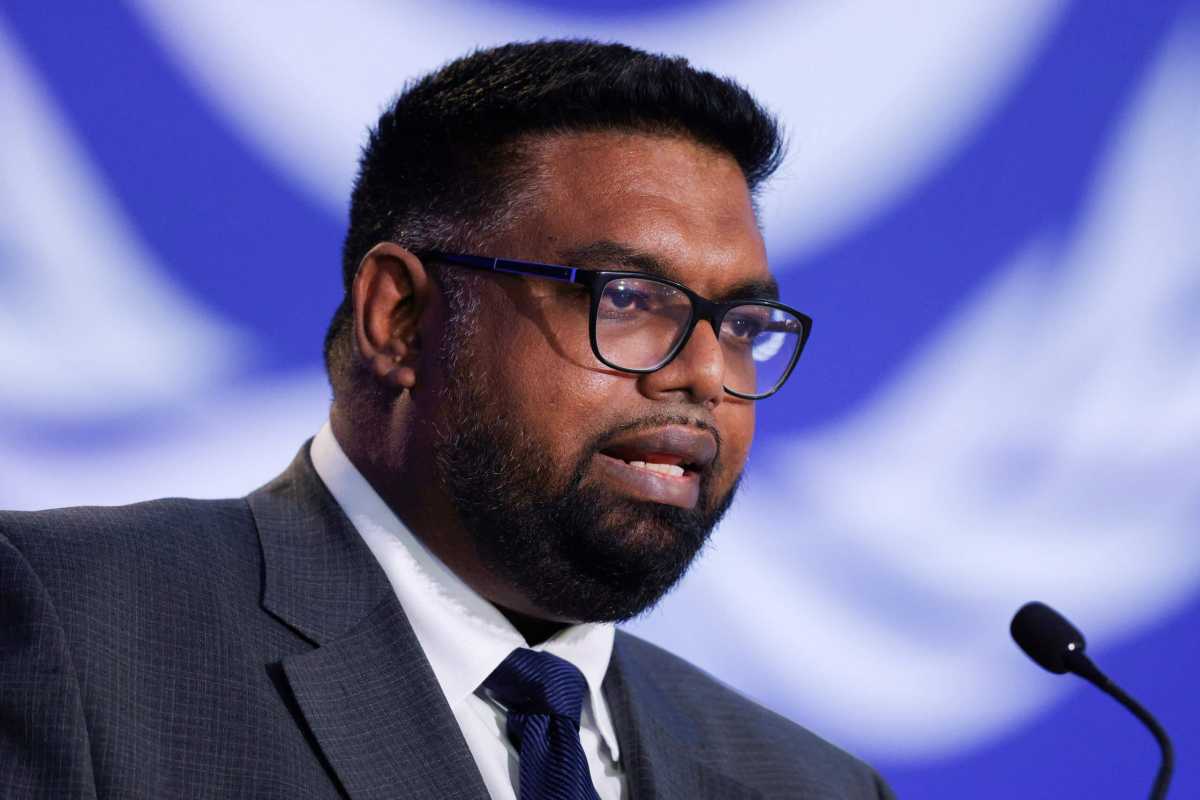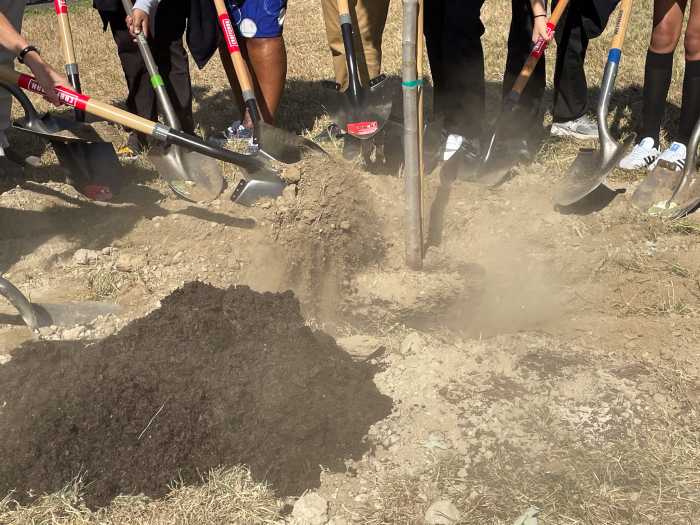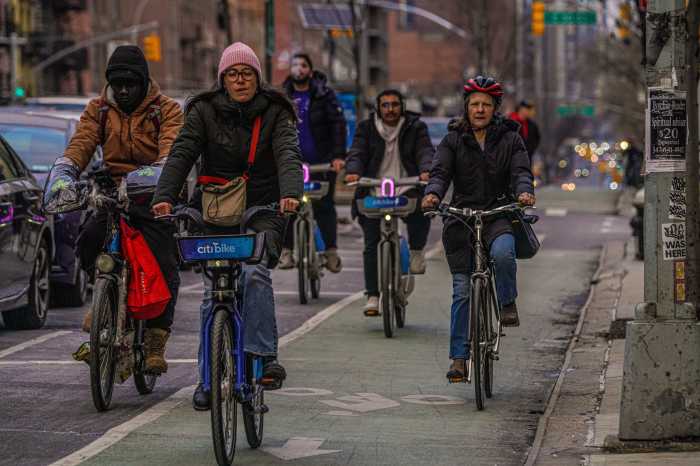Guyana and neighboring Venezuela squared off again over Venezuela’s longstanding claim to ownership of two thirds of Guyana’s territory but this week two used lawyers at the World Court in The Netherlands instead of aiming heavy armaments across the border at each other as was the case a year ago.
In mid-December last year, a plethora of Caribbean Community leaders had rushed to an emergency mediation summit in St. Vincent as Venezuela was massing troops on the border to enforce its decades-old claim to Guyana’s mineral and oil-rich Essequibo region that it has persistently claimed as its own. The mediation with the help of the regional leaders, the United Nations, Brazil and other friendly nations had helped to ease tensions with Venezuela agreeing not to take any action that would provoke military conflict or strife of any kind against Guyana, the headquarters nation of the 15-member CARICOM bloc.
In a statement late Monday, the Guyanese foreign ministry announced that Guyana had submitted its final written legal brief on the border issue to the International Court of Justice (ICJ) as it officially replied to Venezuela’s counter memorial submitted earlier this year.
In this phase of the legal war between the two, each country has to hand in two legal briefs to the court. Guyana’s first was in April of last year, while Venezuela complied with its obligations in early April of this year. With Guyana moving to phase two this week, it means that it will be Venezuela’s turn to submit its own counter claims and it has until August of next year to do so, the ministry said.
Tired of being bullied and harassed by Venezuela over its territorial claim and hurt economically as investors either pulled out of opportunities or stayed away because of the conflict, Guyana took the case to the court for a once and for all determination of where land and marine border lines end. Venezuela has been particularly aggressive and bellicose ever since American supermajor ExxonMobil declared a world class commercial offshore oil find back in 2015. Guyana now produces around 650,000 barrels of light crude oil daily.
Meanwhile, tensions between the two have eased significantly in recent months, especially after Guyana had permitted the American military to fly two Super F-A18 Hornet fighter jets over the capital, Georgetown and related areas in a show of force on behalf of Guyana in early May.

Back then, the Florida-based US Southern Command has stated that “the exercises and exchanges with longstanding defense partners to increase interoperability, build capacity, and support hemispheric security and stability. These engagements reflect what General Laura Richardson has described as “Team USA’s unwavering commitment to partner with like-minded nations who represent Team Democracy. As part of its worldwide defense mission, U.S. Navy vessels routinely transit international waters around the world, conducting similar exercises and exchanges with partners and allies,” the Command had stated.
Since the spectacular fly over, there has been almost no saber-rattling from Venezuela with the focus of the conflict appearing to genuflect more to the Court in The Netherlands. The ministry stated that the court has twice dismissed Venezuela’s efforts to have the case dismissed.



























